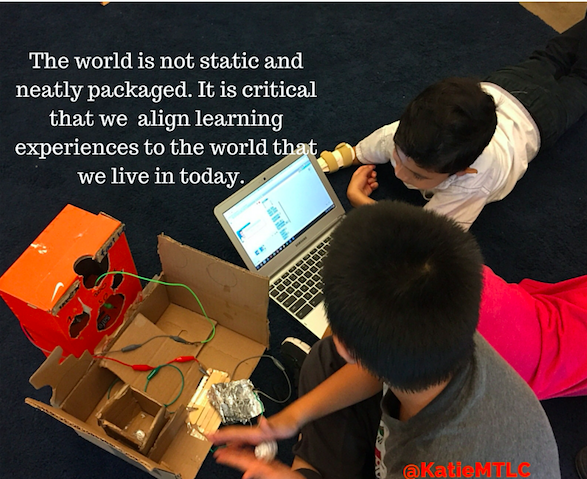
Recently I have read a lot of articles from the perspectives of “millennials” from how they use social media, how they are lost in school and how they interact but what strikes me is the themes of social justice and empathy that are present across these different articles.
In one article Tyler Hoff, a millennial, argues that the middle class lifestyle he grew up expecting is no longer as feasible due to overpriced private colleges, the resulting student loans, and the “sub-par public school systems”. In spite of this he shares his outlook on his peer group and provides hope for a better future.
Our lack of fortune in this economy has made us rich in understanding humanity’s story. Our generation has access to the most information in history and we know how to use it like none before…We are up to the task. We are up for the challenge because growing up we were all told that we are unique… we are special. Just know that we will leave this place better than we found it.
You can find examples that either support or counter his perspective, but my experiences lead me to believe that he is right; our children are special and want to leave the world a better place. This was even more clear after some great interactions this week. I was conducting a focus group with a colleague of mine in a local district and spent the morning getting to know these amazing kids in elementary school. They were vibrant and so excited to share– they were literally jumping out of their seats because they had more and more to add to the conversation. They appreciated being asked their opinions and telling their stories.
As they shared the typical day and the subjects that they were learning, we asked, “Do you ever get to choose what you learn?” In unison, the response was a resounding, No. Never! We then asked what they would like to learn. Their responses are what gave me hope that our younger generations, like Tyler, aspire to make this world better. Without hesitation, Brandon shared, “There is a garden out back with plants that need to be taken care of and I’d like to learn how”. Another student shared that he just wanted to learn about different people and read books about kids like him. A few others wanted to learn about chemistry and physics because “science is cool.” They would have kept going with rich, interesting topics if we had more time. The possibilities are endless and there are so many important, student-driven topics and ideas to delve into that could help them learn about how to change the world, not just have the desire to do so.
Instead, the students shared, “We take a lot of tests.”
I think about the skills that are needed now and will be increasingly in demand for jobs according to the Future Jobs Report: Complex problem solving, critical thinking, creativity, people management, coordinating with others, emotional intelligence, judgement and decision making, service orientation, negotiation, and cognitive flexibility and see a disconnect between or schools and the development of these skills.
Too often, we are not creating the space and time to practice these skills because we are too busy preparing kids for a test. No matter how rigorous our standards are and how many benchmark tests we give to measure students’ proficiency, if learners don’t actually engage in work and experiences that allows them to develop and practice these skills, we will be no better off.
New standards that test kids for more complex thinking and new curriculum with more challenging questions, still taught in the same standardized manner, will not get us where we need to be. Engaging students in authentic tasks, driven by their questions and ideas, can help develop the skills for life, work, and citizenship. To align learning experiences to the world that we live in today, it will require embracing a culture of learning and innovation in our schools. The world is not static and neatly packaged. It is exciting, complex, and continually changing. To meet the need of the learners and the demands of society, our schools must embrace this sooner rather than later.


0 Comments